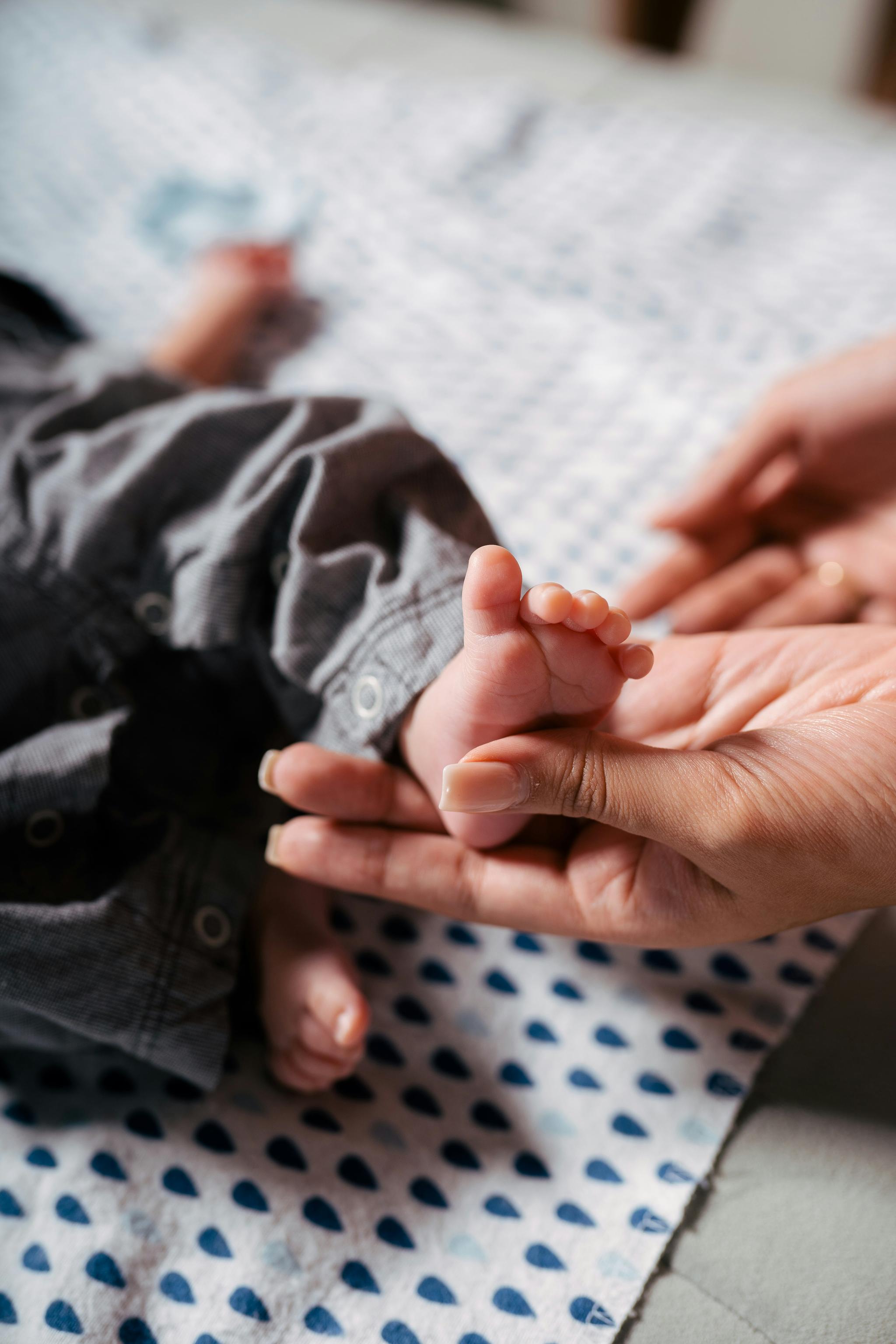First-time Birth
Last updated
First published

If you are a first-time mother, it can be challenging to understand what it means to give birth to a child because it is incomprehensible. It's a great experience, but because there are so many things to deal with - and you may have heard horror stories - being a first-time mother can be daunting. But, there is no reason for that.
Safe signs of birth
It is perfectly normal to be in doubt about how you know the birth is underway. Especially because plucking cattle can tease and give rise to doubts about whether it is a sign of labor or not.
The two sure signs of birth are that your water is going or labor is coming. The pains are so intense that you can not concentrate on anything else, just as they regularly come for a few minutes. You will not be in doubt when they arrive.
How the birth works
For first-time and multiple mothers, the birth phases are the same. However, the steps and the birth itself may take longer if you give birth for the first time. Especially the first three phases can last up to 12-18 hours for a first-time mother.
The birth can thus be divided into the following phases:
The latent phase, where the labor pains start and are not yet regular. As a first-time mother, the stage here may take long before the contractions become frequent.
The active phase, where the contractions have become regular, comes more frequently and hurts more. It is in this phase that you become 8 cm open.
In the transition phase, the contractions are powerful and intense, and you open up 10 cm.
The acute phase, where you can finally be allowed to press. As a first-time mother, it can take up to an hour from the onset of labor pains until the baby is born.
The birth ends with a delivery of the placenta, and you will be sewn if any ruptures have occurred.
Pain at birth
It is very different from how painful birth is. The pain builds up as the labor progresses and can hurt just as much for multiple mothers as a first-time mother.
Between contractions, you get some painless breaks, where you have the opportunity to recover before the contractions start. It is, of course.
a challenging task for the body to give birth to a child, which is why you will naturally be exhausted afterward.
If the pain is very violent and unbearable, you can get pain relief. However, you can do a lot yourself by practicing breathing and relaxation exercises.
After the birth
If there have been no complications during the birth, and the baby is healthy and well, you and your partner will be sent home within 8 hours after the delivery. Subsequently, you are not left to yourself, as you are offered close follow-up and contact for up to 7 days after the birth.
